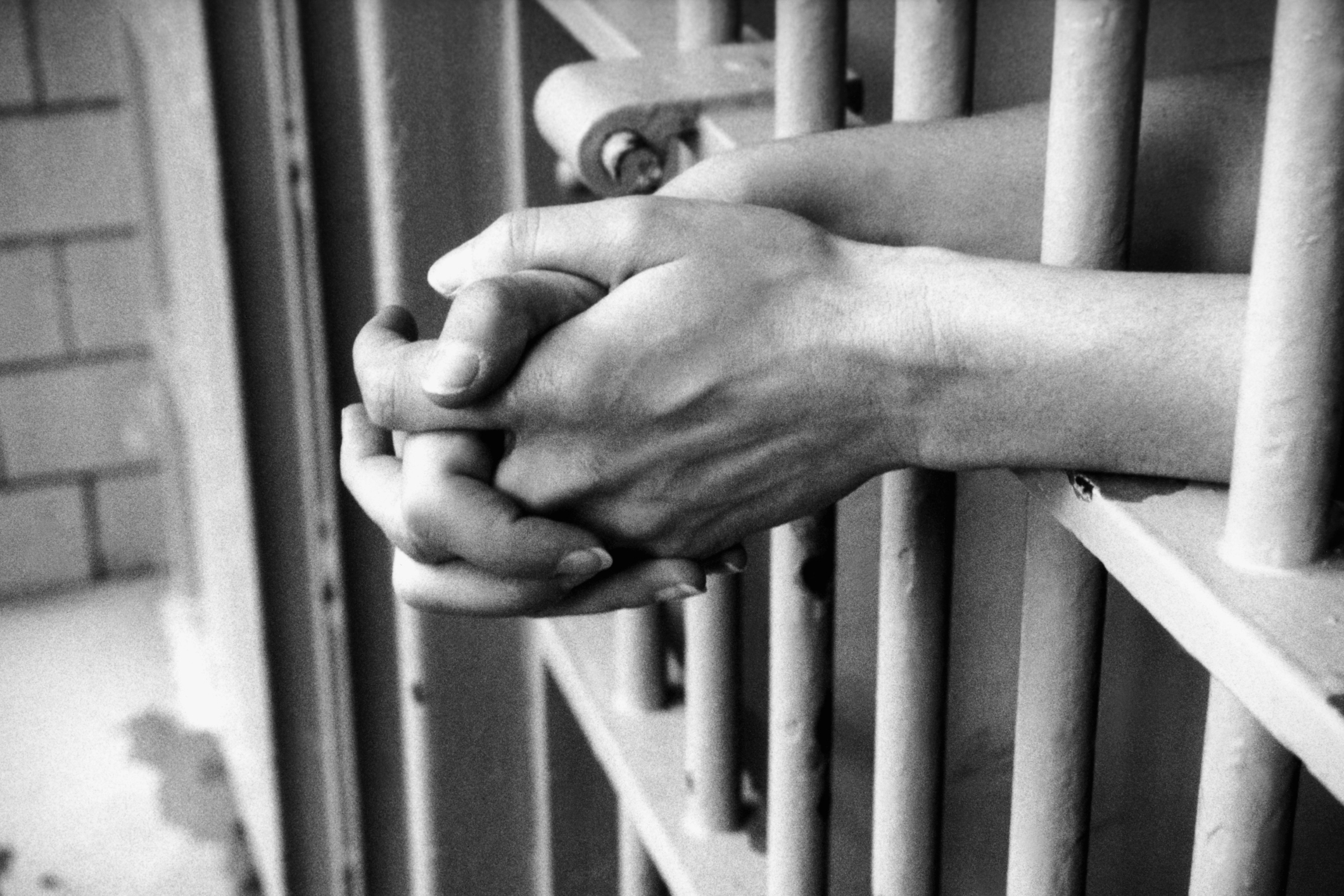With so many of Muslims accepting Islam in the prison population, and African American youth, many who are Muslims, being targeted in the school to prison pipeline—bail reform is a Muslim issue.
Bail is not meant to be a punishment nor is it a deterrent to crime. “Its goal is to ensure that accused persons show up for trial. Numerous studies show judges consistently give Black defendants higher bails and even deny them bail altogether by deeming them too dangerous to be released,” say Leaders of a Beautiful Struggle (LBS). African Americans, Latinos and persons with disabilities are disproportionately poor; setting higher bail for them increases the likelihood that they will be unable to pay for release.
“Most of the 12 million jail bookings in the United States each year are for low-level, nonviolent charges. Yet far too many of these defendants remain in jail while awaiting their day in court because they cannot afford money bail,” writes Cherese Fanno Burdeen, in the Atlantic magazine. According to the U.S. Department of Justice, 60 percent or more people locked up in America’s jails have not yet been to trial, and as many as nine in 10 of those people are in jail because they can’t afford bail.
The bail bond industry is a major player, which feels threatened by changes in the current scenarios. They charge exorbitant interest rates – from 5 percent to 50 percent—which is forbidden for Muslims. In 2016, the industry donated $87,000 to lawmakers. Curiously, the same people who make the laws overseeing bail bonds receive the largest donations from the bail bond industry. Cleveland.com reports that the chairs of committees Maryland Senator Bobby Zirkin received $78,200 from 2011-2017, 11 percent of all the money raised by his campaign that election cycle. Maryland House Delegate Joseph Vallario collected $45,500. This year they hired the top lobbying firms in the state.
Last year, Maryland Attorney General Brian E. Frosh issued legal reasoning that it is unconstitutional to hold a defendant in jail on the basis of an inability to afford money bail. On February 7, 2017, the state's highest court adopted a landmark rule aimed at ending the practice of holding criminal defendants in jail before trial when they cannot afford bail.
The seven-member Court of Appeals unanimously agreed on a compromise that does not abolish money bail, as some advocates have urged, but instructs judges and court commissioners to look first to other ways to ensure a defendant appears for trial.
Lawrence Grandpre of LBS is working on the Struggle for Bail Reform in Maryland. LBS is pushing reform through House Bill 1390 and Senate Bill 880 which if passed would bring about Community Driven Bail Reform. If passed and signed by the Governor, these bills would bring a comprehensive list of alternatives to bail such as participating in a substance abuse program or checking in with a pretrial supervisor. The bills would also give judges guidance on when to differ to non-financial conditions of release. Judges would have the latitude to use unsecured bonds – fines levied only if the individual fails to show for trial – or traditional bonds which must be paid upfront.
“This bill requires the exhaustion of all non-financial conditions for release before cash bail is even considered. Examples of these conditions are: checking in with a pre-trial justice center while on release, adhering to a drug treatment or mediation program, or electronic surveillance. Our idea is that the non-financial conditions for release are so expansive that it renders the cash bail system obsolete. We will also be advocating for an amendment to the bill that requires community participation in the development and administration of a risk assessment tool,” Grandpre explains.
These bills create pre-trial services units within counties and municipalities to engage the expertise of Community Advocates who work directly with Returning Citizens.
Lastly, these bills would bring the creation of risk assessment tools for judges to use towards ascertaining the most effective means to ensure an accused person shows up for trial.
Grandpre says that the biggest impediment to these bills passing is the bail bonds industry, which does not want these comprehensive reforms that do not “use cash as a matrix of who deserve to be free.” He warns against bills that do not create any real change written by bail industry lobbyists and pushed by elected officials. He urges people to call State Senator Zirkin and ask for support House Bill 1390 and Senate Bill 880 and he invites the Muslim community to the United for Justice Lobby Day at the State Capitol in late March.










Comments powered by CComment